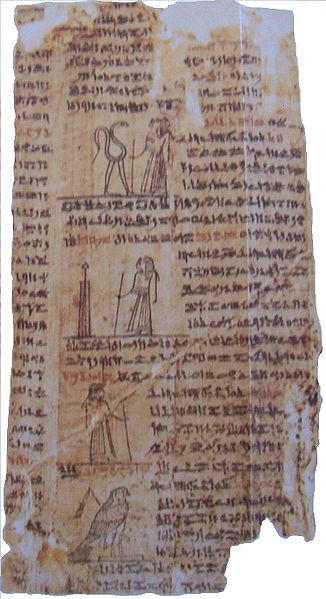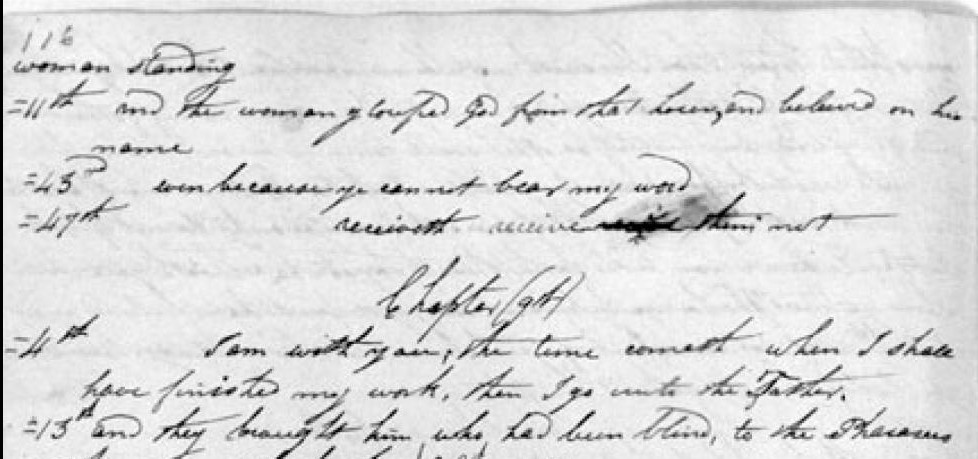Question
Gramps,
Someone asked me once to give proof Joseph Smith was a prophet of God (and had the authority of God) using only the Bible and I do not know how to answer. Do you know of any scriptures?
Sincerely,
Clayton
Answer
Clayton,
Ask your friend to prove Elijah was a prophet using only the Torah.
He can’t. You can’t. That’s okay. Elijah was, in fact, a true prophet of God even though the scriptures written before his life didn’t mention him.
Prophets are messengers of God for their time. So we don’t ordinarily hear much about them ahead of time.
The big exception, of course, is Jesus of Nazareth. Prophecies about Him fill the Old Testament and Book of Mormon. But the reason Jesus was spoken of so often wasn’t because He was a prophet, but because He was the Savior and Redeemer. That role applies to all people in all times, unlike a prophet, and explains why He was spoken of so often ahead of time.
Your friend is the victim of a logical fallacy called an argument from ignorance. Just because there is a lack of evidence, doesn’t make something untrue, especially if you’ll only accept evidence from one source. Instead, there could be another reason that the evidence is missing. In the case of Elijah and the Torah or Joseph Smith and the Bible, the reason those books don’t contain proof of those prophets is that those books were written long before their lives and their future ministries were irrelevant to the people at those times.
That being said, the Bible is the word of God. We can expect it would be at least helpful in leading people to the prophet of the restoration.
And on that count, there is much to find in the Bible.
First off are prophecies about the restoration of the gospel. There are many that refer to some part of the restoration. Acts 3:21 and Ephesians 1:10 both refer to the future restoration. Ezekiel 37:16-17 refers to the coming forth of the Book of Mormon. Isaiah 29 goes on at length about the Book of Mormon and its translation, while Revelation 14:6-7 refers to Moroni’s appearance in the last days.
None of these prophecies “prove” Joseph Smith is a prophet, but they do prophecy of his ministry to those who know enough of the details to recognize the descriptions.
The Bible also explains the need for prophets (Amos 3:7) and the forthcoming apostasy that would make another prophet necessary (2 Timothy 4:3-4, Acts 20:29, Amos 8:11-12).
In fact, because the Lord knew how important a future prophet would be, he gave the people the means to determine whether a prophet was true. In the Sermon on the Mount Jesus says, “Beware of false prophets, which come to you in sheep’s clothing, but inwardly they are ravening wolves. Ye shall know them by their fruits. Do men gather grapes of thorns, or figs of thistles?”
Jesus makes it clear that people would need to look for a prophet after him. (Why else explain the process for finding good prophets?) He also gives your friend the criteria he should use to judge the ministry of Joseph Smith. Judge him by his fruits. Look at the church, its mission, its work, and the lives of its members.
Ultimately the Bible also offers your friend the path to discover all truth, including the truth about Joseph Smith. “Ask, and it shall be given you; seek, and ye shall find,” and later, “If any of you lack wisdom, let him ask of God . . . and it shall be given him. But let him ask in faith, nothing wavering.”
The Bible, as the word of God, gives your friends all the tools he needs to discover that Joseph Smith was a prophet. It may not include explicit prophecies of him, but that’s not a standard we would expect the Bible to reach for any prophet.
Gramps







